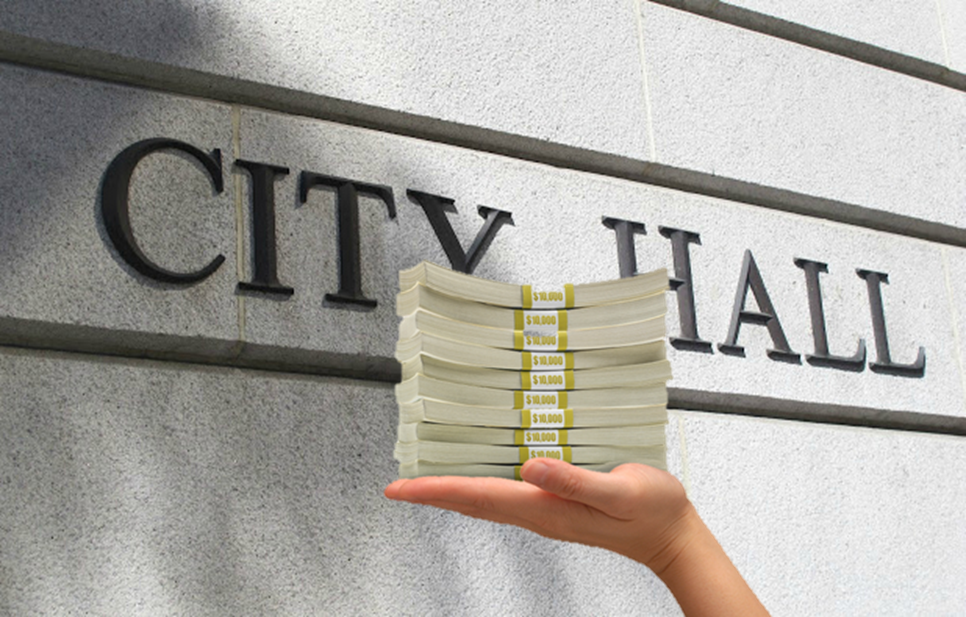By Dan Walters.
A change in the governor’s office and expanded Democratic supermajorities in the Legislature have emboldened long-frustrated advocates of increasing taxes to expand health, welfare and education services.
The California Tax Foundation calculates that bills already introduced this year would raise Californians’ taxes by $6.2 billion a year with others to come.
Gov. Gavin Newsom is clearly not tax-averse, since he’s proposed a new tax on water to finance improvements to substandard local water systems and an indirect tax on corporations, via partial conformity with federal tax law changes, that would finance a $1 billion expansion of the state’s “earned income tax credit” for low-income working families.
While wrangling over taxes heats up in the Capitol, the same dynamics are playing out in dozens of California cities, counties and school districts.
The last couple of election cycles have seen hundreds of local tax measures placed before voters, and more are on the way.
The conflicts over those local taxes are increasing in intensity, as a situation in Los Angeles illustrates.
The financially strapped Los Angeles Unified School District (LAUSD) is seeking voter approval in June of an unusual form of “parcel tax” on property, hoping to raise as much as a half-billion dollars a year.
Parcel taxes typically levy a fixed dollar amount on each parcel of land, regardless of value. LAUSD proposes, however, to tax property 16 cents a square foot and it has drawn strong opposition from the local business community.
The jousting over LAUSD’s Proposition EE turned nasty last week. Tracy Hernandez, chief executive of the Los Angeles County Business Federation, alleged that Measure EE campaign manager Rick Jacobs told her that federation members who campaigned against the measure would be frozen out of dealings with the City of Los Angeles, whose mayor, Eric Garcetti, is backing the tax.
Jacobs, a long-time Garcetti advisor, denied Hernandez’s account to the Los Angeles Times, saying, “I am insulted that she would accuse me of being so trite as to use the old ‘won’t do business in this town’ line.”
Meanwhile, sharp conflicts over local taxes are playing out in Oakland and San Francisco.
While the LAUSD tax, placed on the ballot by the school board, would require approval by two-thirds of the district’s voters, the state Supreme Court implied in a ruling two years ago that local special purpose tax measures proposed by initiative petition, rather than directly by officials, might need only a majority vote.
A $198 per year parcel tax in Oakland to improve early childhood services, placed before voters via initiative, attracted 62 percent of votes last November. Mayor Libby Schaff and other officials declared, based on the Supreme Court ruling, that it had passed. They now want to begin collecting the tax while a legal battle over the voting margin plays itself out.
A similar battle is underway in San Francisco over Measure C, a gross receipts tax on business to raise about $300 million a year to combat homelessness.
Measure C, also an initiative, garnered 61 percent of the votes in last November’s election but citing the Supreme Court decision, local officials declared it a winner. Business groups have sued, declaring that state law clearly requires two-thirds votes for special taxes.
The Oakland and San Francisco cases are headed to the state Supreme Court, which must tell us whether the lower vote implication of its previous ruling is valid, as tax increase advocates hope, or whether taxes not reaching the two-thirds vote threshold are failures.
[divider] [/divider]





